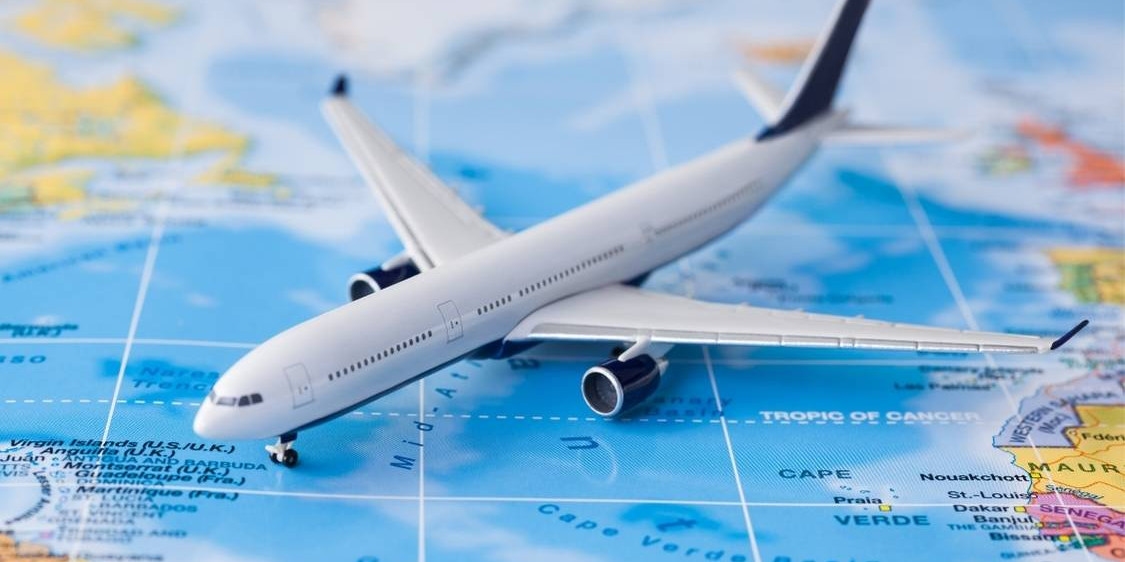In an era where business transcends borders, global mobility has evolved into a strategic pillar for growth and competitiveness. The days of static operations and manual travel management are over. Today, smart travel solutions — powered by data, automation, and connectivity — are redefining how companies move people, manage resources, and expand globally.
Global mobility is no longer just about getting from one destination to another. It’s about creating a seamless, secure, and efficient ecosystem where travel fuels productivity, collaboration, and opportunity.
The New Era of Global Mobility
The post-pandemic world accelerated the demand for digitally integrated mobility systems. Businesses now seek travel infrastructures that support flexibility, ensure compliance, and optimize costs — all while enhancing employee experience.
From AI-driven booking platforms to real-time expense tracking and predictive travel analytics, smart travel technology is reshaping corporate mobility. It empowers organizations to make informed decisions, cut inefficiencies, and maintain resilience in an increasingly dynamic global market.
How Smart Travel Solutions Empower Business Growth
1. Operational Efficiency and Cost Optimization
Traditional travel management often led to overspending, manual errors, and lack of visibility. Modern mobility solutions automate every stage — from itinerary planning to reimbursement — delivering real-time insights that reduce waste and improve budget accuracy.
Businesses that adopt these systems see measurable improvements in productivity and financial control. Every data point collected contributes to smarter forecasting and resource allocation.
2. Enhanced Employee Experience
Employee mobility is central to modern business success. Whether relocating teams or managing frequent business trips, a frictionless experience matters. Smart travel platforms streamline approvals, preferences, and compliance, allowing employees to focus on performance instead of logistics.
When travel becomes an enabler rather than an obstacle, satisfaction and retention rise — directly strengthening organizational stability and culture.
3. Compliance and Risk Management
Global expansion introduces complexities — tax regulations, visa compliance, and duty-of-care obligations. Intelligent mobility systems track these variables automatically, minimizing legal exposure and ensuring policy consistency across regions.
By embedding compliance into travel processes, companies protect both their workforce and their reputation.

4. Sustainability Through Smart Mobility
Sustainable business travel is no longer optional. Smart travel solutions integrate carbon tracking, eco-friendly routes, and greener transport options, enabling organizations to reduce their environmental impact while maintaining global reach.
This not only aligns with ESG goals but also strengthens brand integrity among stakeholders who value responsibility.
The Strategic Advantage of Connected Mobility
Forward-thinking companies understand that mobility is strategy. Investing in intelligent travel systems is investing in business agility. With real-time visibility into travel data, companies can anticipate trends, negotiate better vendor rates, and even optimize team deployment globally.
Smart mobility also enhances collaboration between departments — linking HR, finance, and operations into one integrated system that supports faster decision-making and sustainable growth.
Looking Ahead: Mobility as a Business Catalyst
As technology continues to evolve, the future of global mobility lies in seamless interoperability — where travel, communication, and analytics converge into one unified experience.
Businesses that embrace these innovations won’t just move faster; they’ll move smarter — using mobility as a lever for transformation, innovation, and expansion.
The message is clear: in a world where borders blur and competition intensifies, smart travel isn’t a cost — it’s a growth engine.



